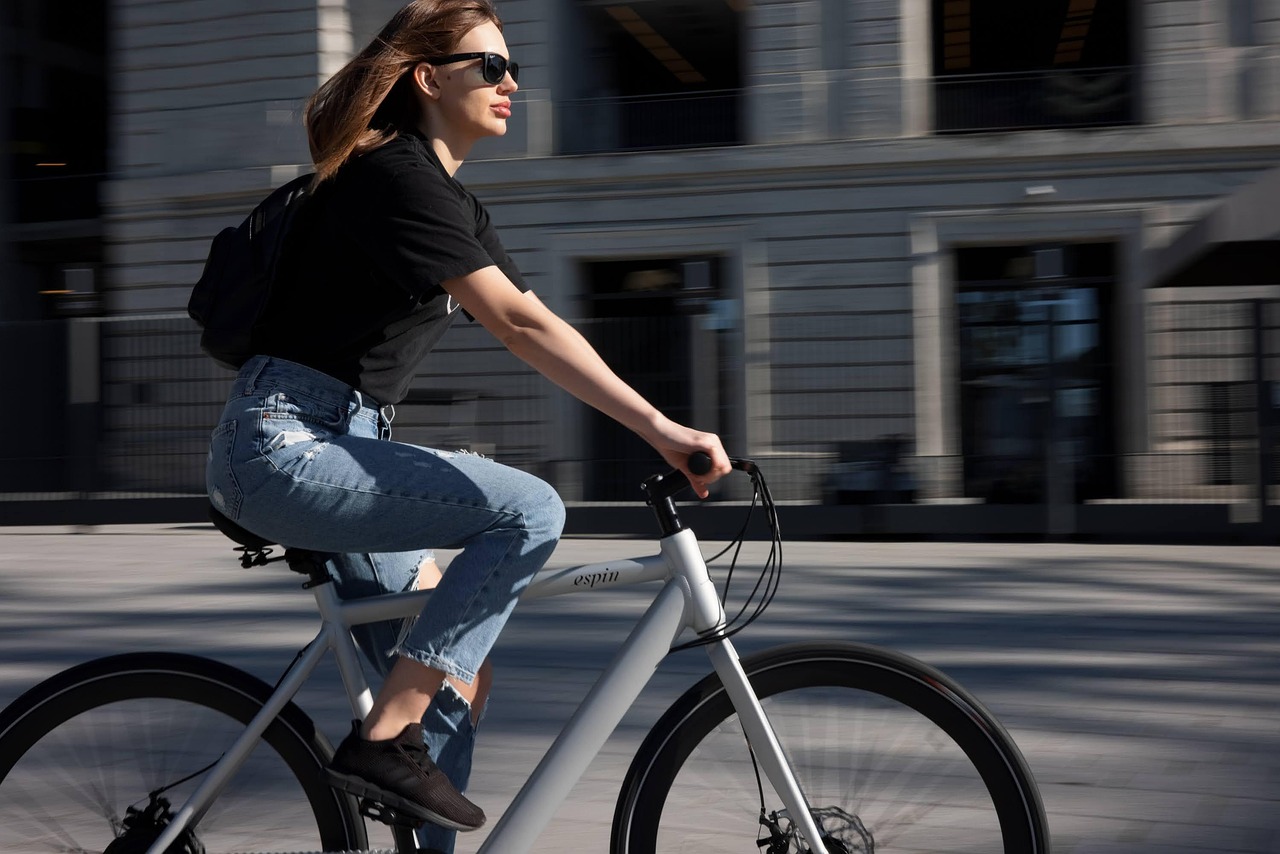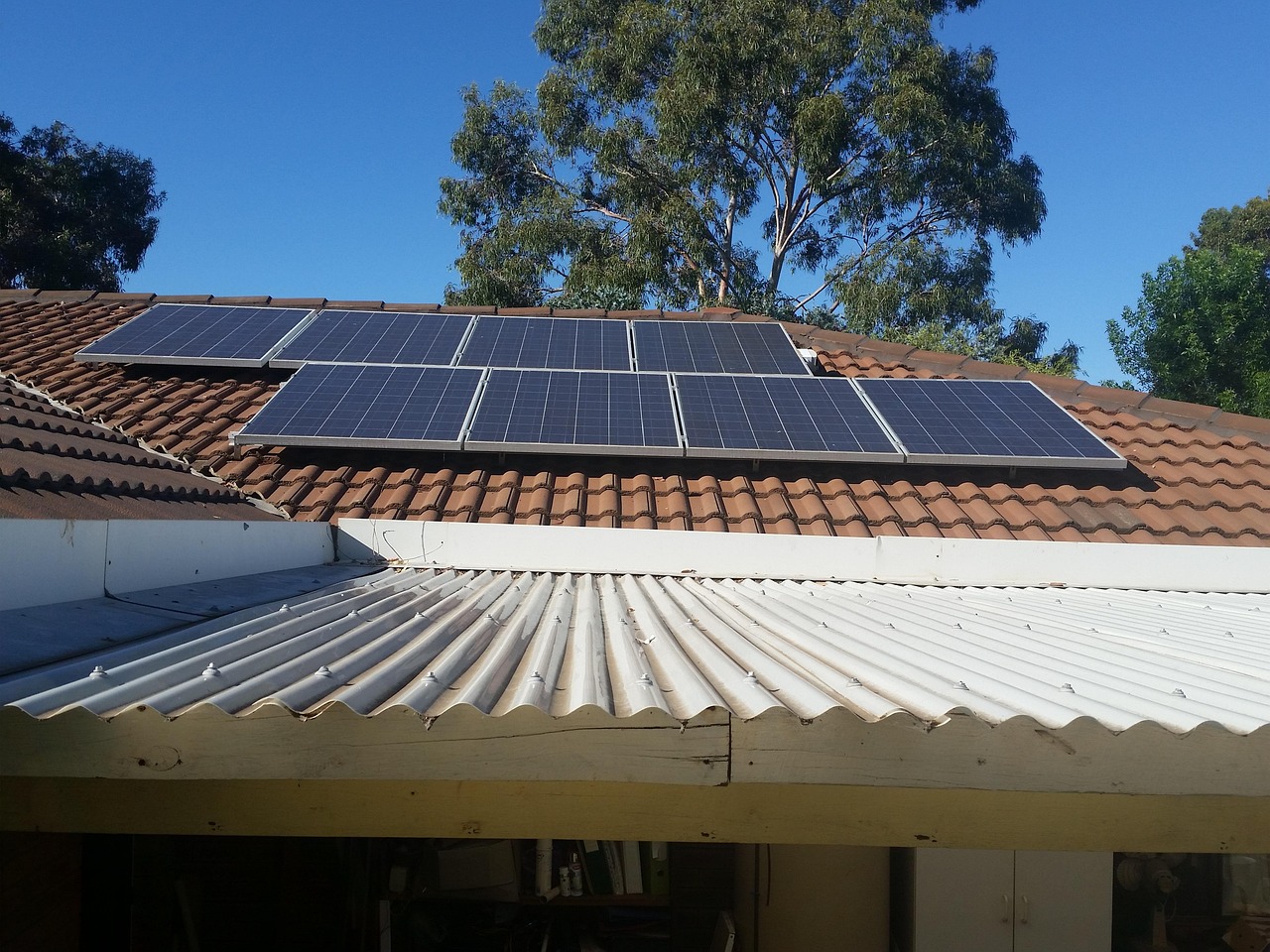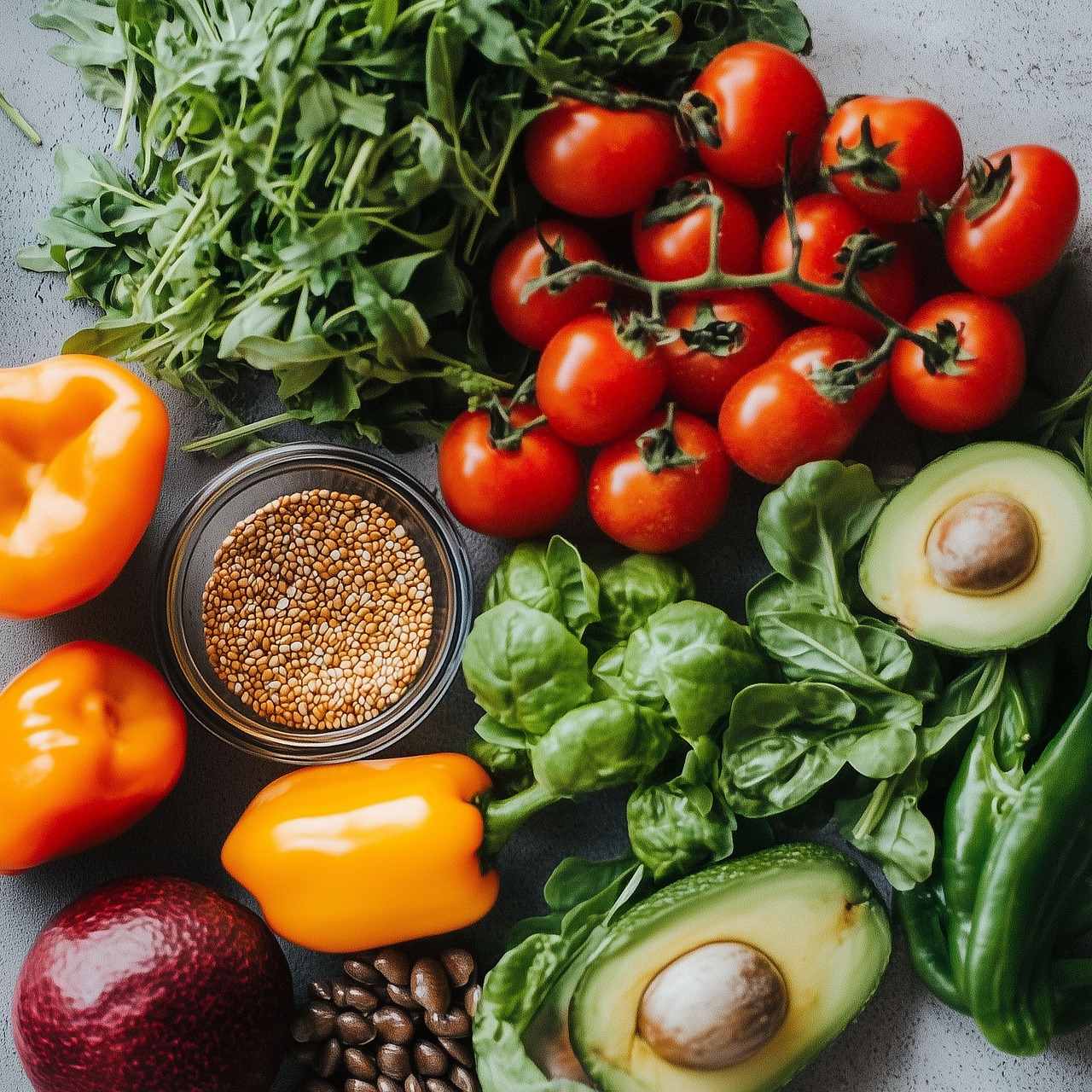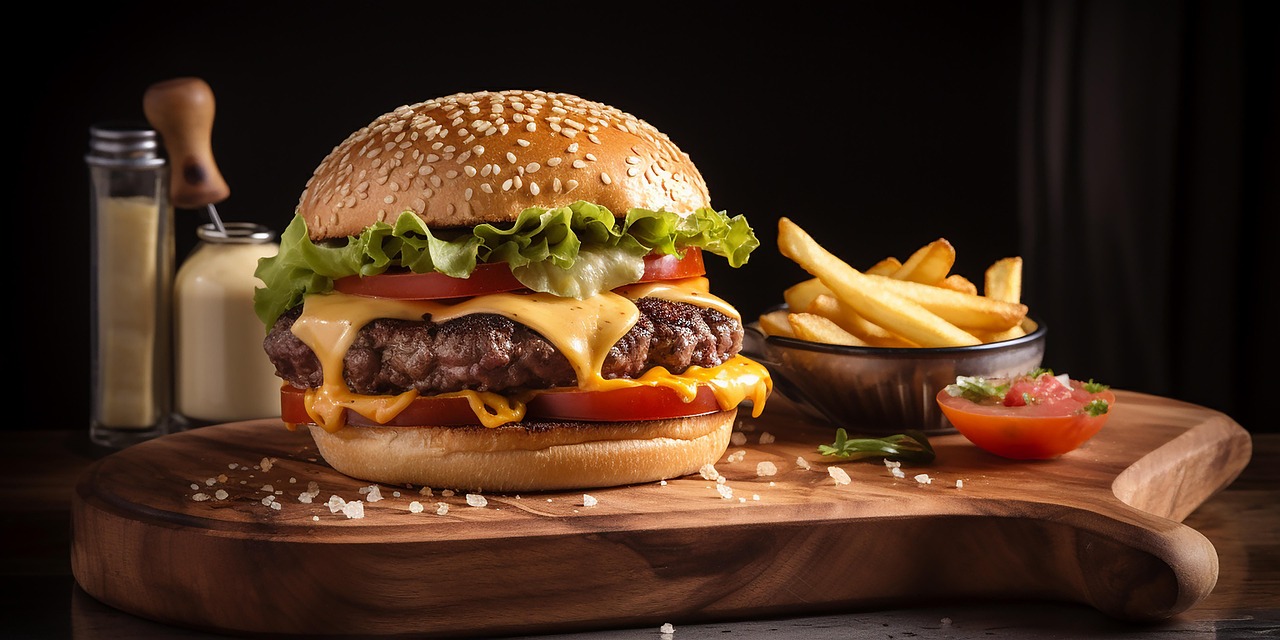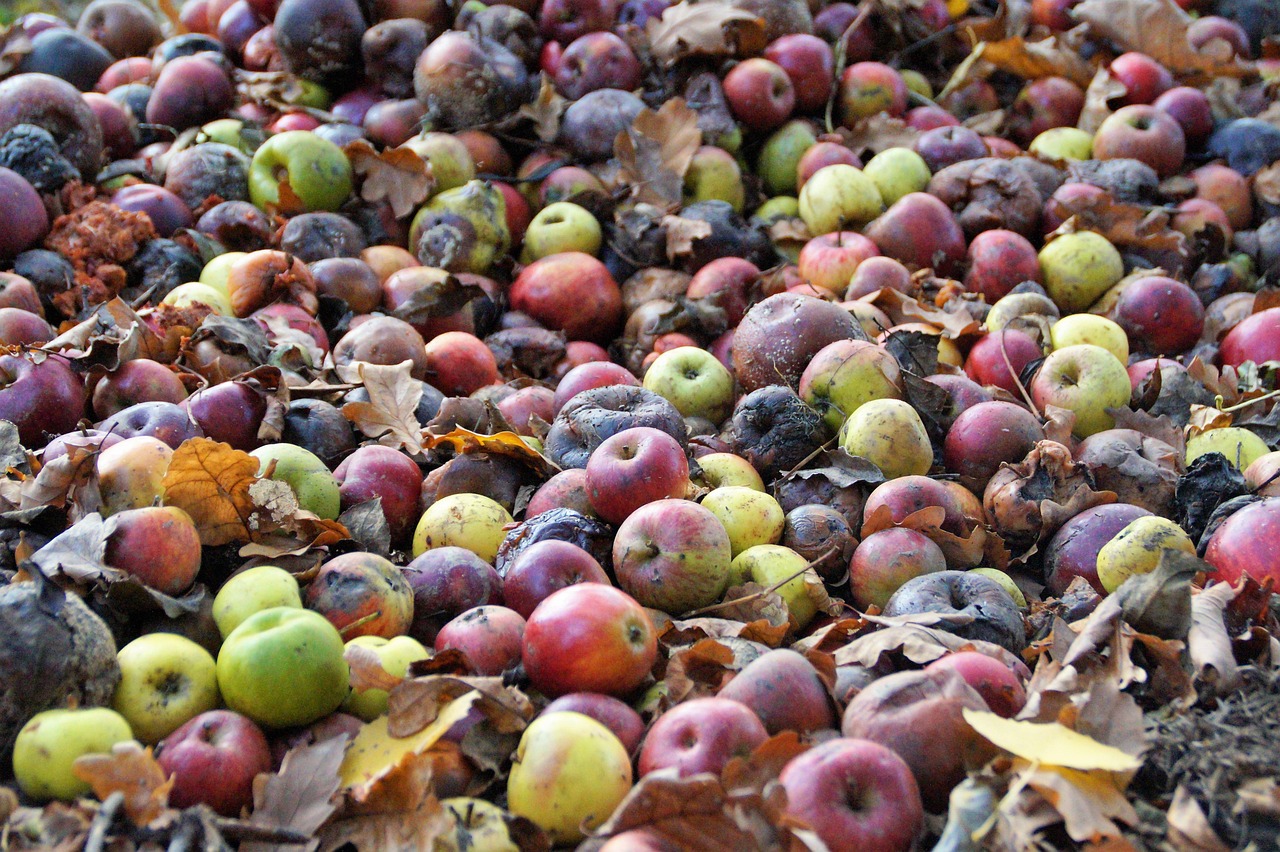Tag: lifesytle
-
Achieving Net Zero would require all humans to be producing 2 tonnes of carbon emissions a year. Currently, the average human produces 7 tonnes a year and this varies widely across the world. But what would such a low emissions lifestyle look like? Would it mean we cannot travel abroad anymore by 2050 because of…
-
How low can the energy of a building become? The concept of the Passivhaus has put this to the test. A Passivehaus (Passive house in English) are buildings that can maintain constant temperature with minimal heating and cooling. These building are considered the gold standard in energy efficiency because of the way they are designed…
-
It is best to align a strategy of reducing your carbon footprint with your personal goals. Do you want to improve your finances? Are you concerned about your health? Do you have little time to think about how to reduce your carbon footprint? Is it a priority but not your main priority or are you…
-
Solar panels are an important part of the strategy of getting to Net Zero by 2050, but are they right for you? Solar panels are getting increasingly popular in Britain with 1.5 million homes having already installed them. The best way to view solar panels is that it is a way of improving your finances.…
-
To make good sustainable travel choices, we need to be aware of the options we have. Our choices in travelling make up around 25% of our carbon footprint. The Energy Saving Trust has developed a Sustainable Travel Hierarchy, starting with the lowest carbon emission options at the top and to the most carbon emitting travel…
-
A plant-based diet is the most compatible diet with a Net Zero world. Only diet can sustain a world population that could grow to 10 billion people in the future. In a plant-based diet, plants make up to at least two thirds of your diet and meat only makes up to one third. Plants do…
-
Do your favourite meals include beef, such as Spaghetti Bolognese or a burger? Beef has the highest carbon footprint of all meat because it is the main cause of deforestation in the world and the main reason for the destruction of the Amazon rainforest. Cows also produce methane when they digest food, which is another…
-
The relatively new ideas of space tourism and cryptocurrencies for the masses are the last thing we need in our fight against climate change. They are the worst thing for the environment because they cause a huge amount of carbon emissions and add very little value to the quality human life. If you want to…
-
There are apps that make it easier to reduce your carbon footprint. By using these apps, you can take tonnes of your annual carbon footprint through tree planting, reducing food waste and changing energy use at home. Many reviews show they are easy to use and help save time, money and personal energy running their…
-
One of the biggest problems causing climate change is the amount of food wasted. We make enough food for each person in the world to consume 5000 calories, yet billions go hungry. A staggering 25-30% of food produced is wasted globally along the process from crop to fork to landfill. It is estimated that food…


